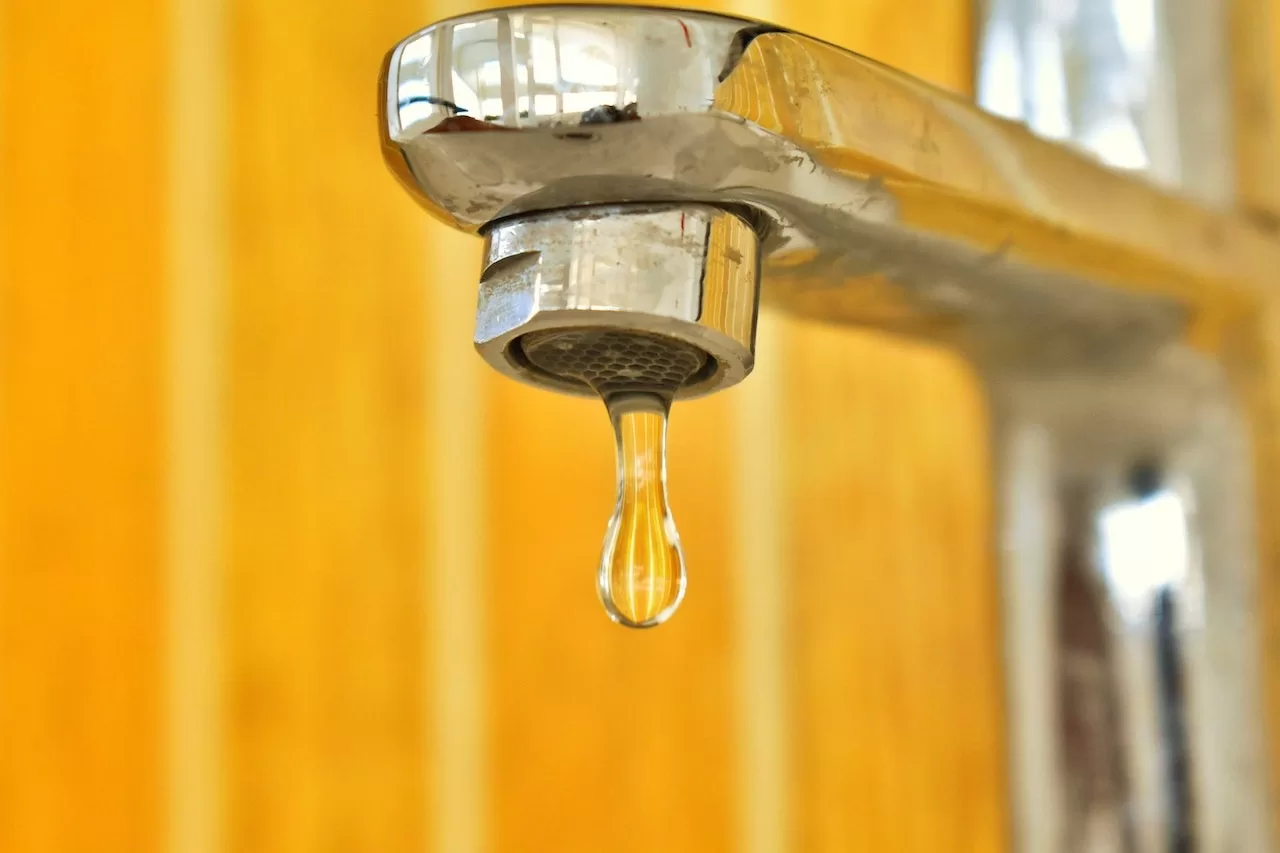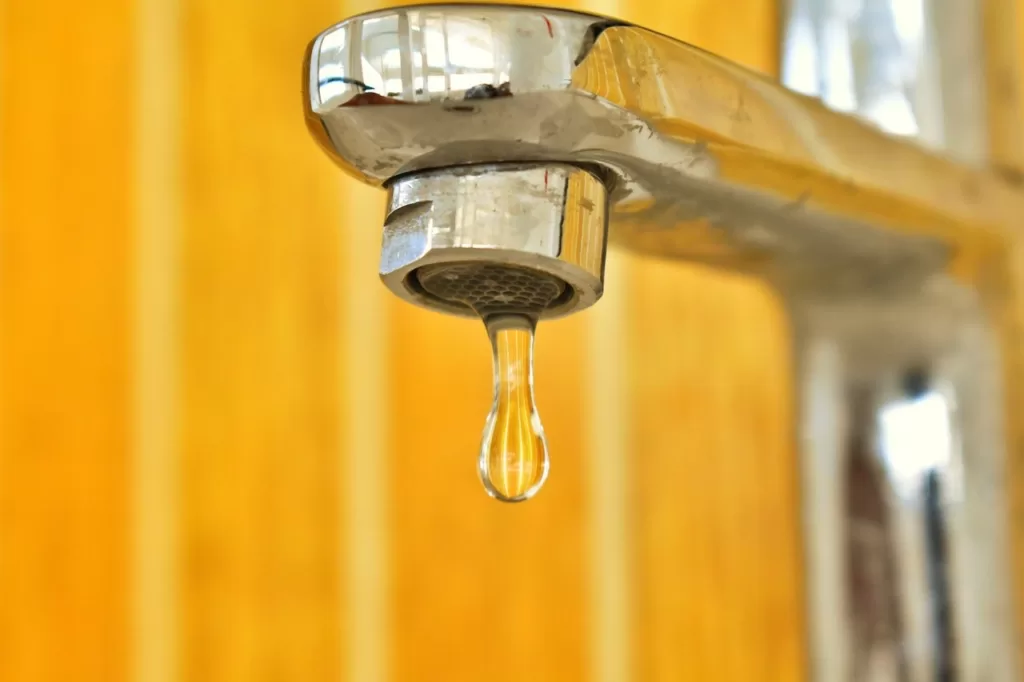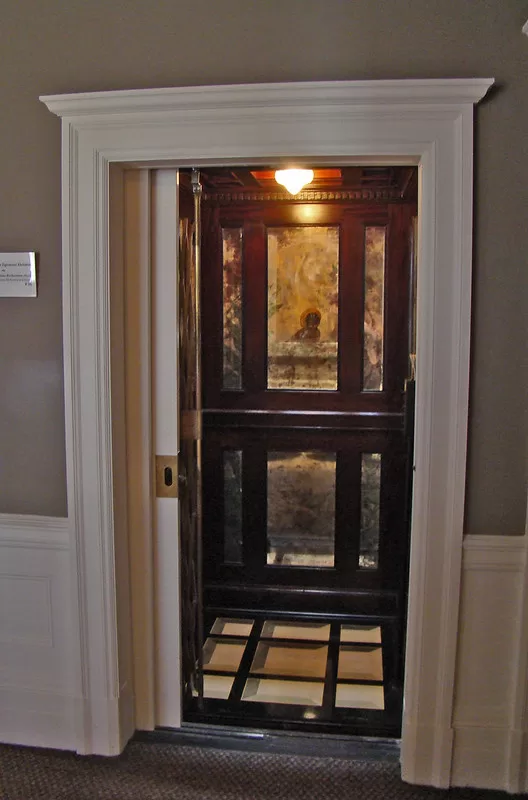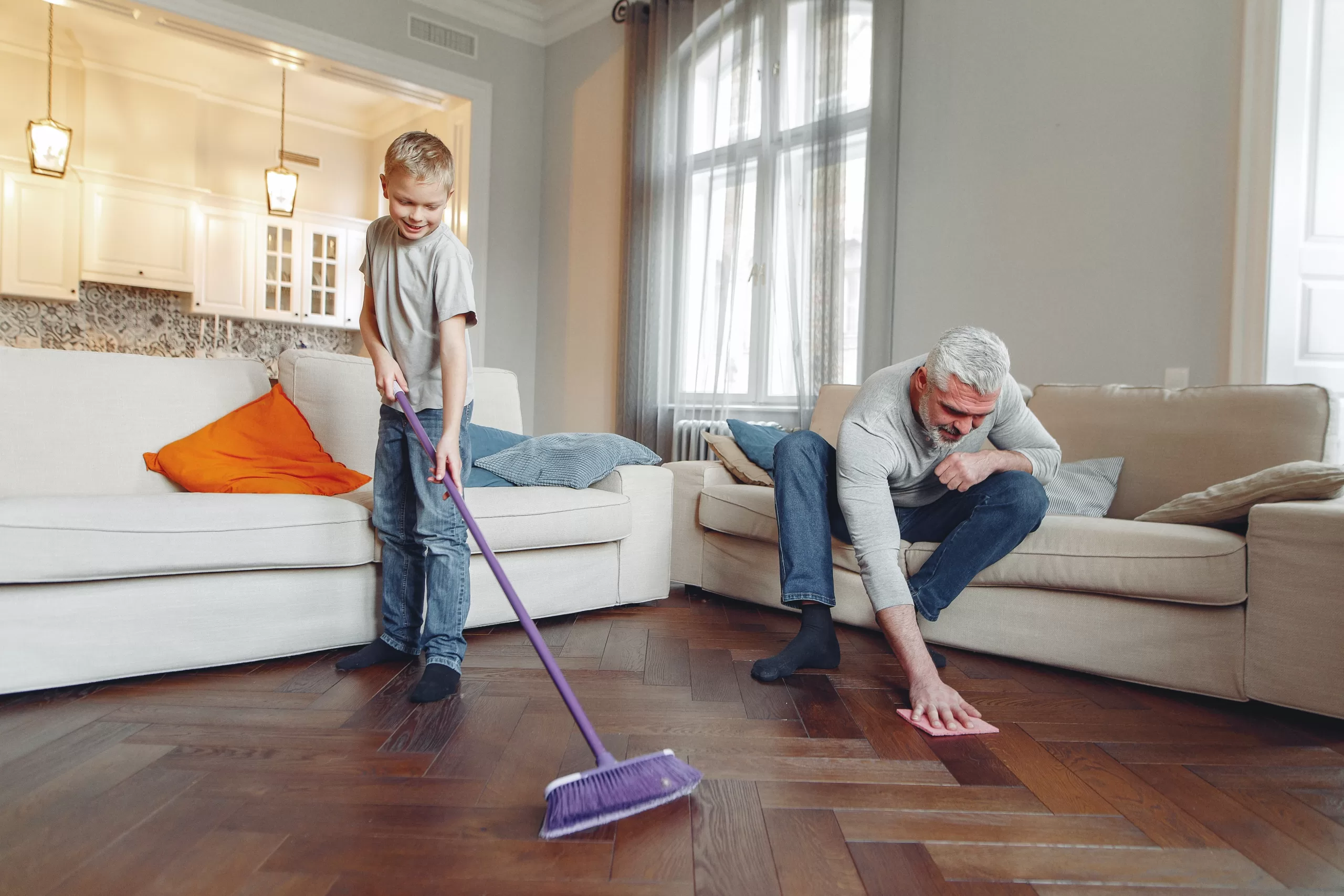Have the water pipes been insulated in your house? Have the gutters been cleared? Has the chimney been cleaned? If these chores haven’t been crossed off your to-do list, they should be.
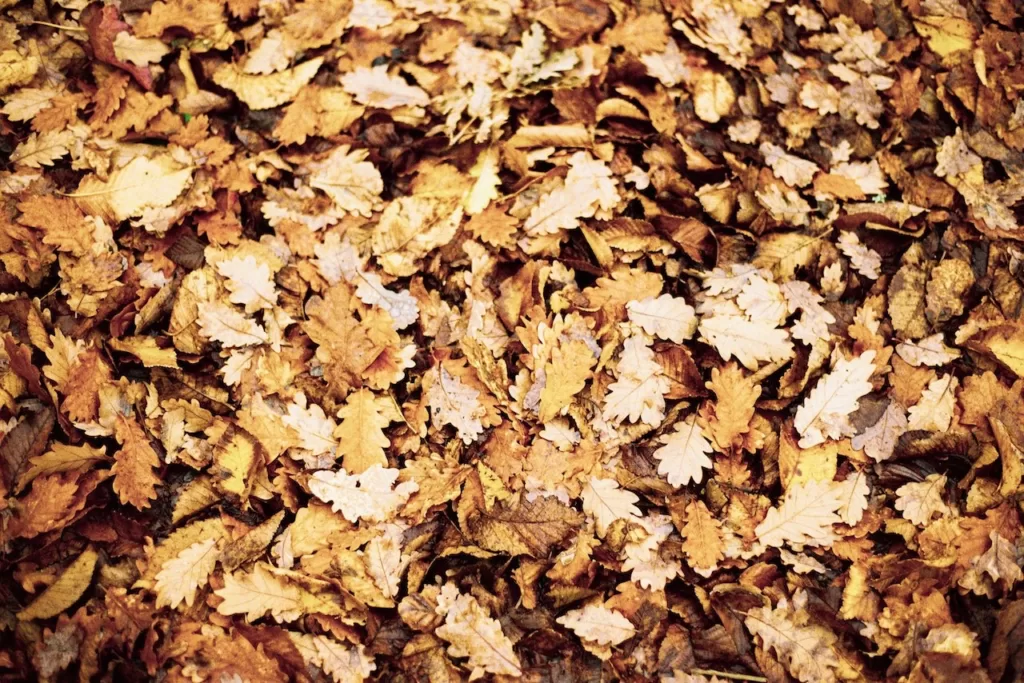
The tasks should be done as soon as possible to avoid major household disasters. Basement floods, pest infestations, and house fires can all be avoided by taking the proper precautions.
Gutters Must Be Cleared
Rain gutters will be filled with dead leaves and debris by the time autumn is in full swing. These dead leaves should be cleared from the gutters before winter arrives. Why? First, clogged gutters could be used as a nesting ground for various critters.
Your roof could be infiltrated by those nesting critters when the weather gets too cold to remain outdoors. Then, you could be faced with an infestation.
Second, clogged gutters have to be cleared because they do not allow rainwater to drain properly. In a rainstorm, the clogged gutters are going to be filled with water.
The water is going to be poured out of the gutters and against the sides of the house. And all of this water is going to be pooled around the foundation of the house, which could lead to a flooded basement.
So, rain gutters must be cleared of any debris whenever possible. Two household disasters could be easily avoided this way.
Water Pipes Must Be Insulated
Exposed cold water pipes on the property must be insulated. Exposed pipes will be situated in areas with little to no wall insulation, like the basement, the crawl space, or the garage.
What about the water pipes behind the walls? These are being protected by the insulation tucked behind your walls, so there is no need for any further intervention.
Read Also :
Exposed cold water pipes must be insulated because they could freeze during colder times of the year. Frozen pipes are inconvenient to live with. Your access to fresh water will be blocked.
Daily tasks like cooking meals, washing dishes, and doing laundry will be impossible to complete. Hygienic activities like washing your hands or taking showers will also be difficult to do until the frozen pipes thaw.
Frozen pipes can be prevented with a simple layer of insulation. The insulation can be purchased at the local hardware store. Then, it can be wrapped and secured around the pipes.
Frozen Pipes Must Be Thawed
When pipes become frozen, it’s important to have them thawed. An emergency plumbing service should be called to thaw them. The job is meant for a professional — it’s not something to be done on your own. The job is also not meant to be ignored for the sake of finances.
Why? In certain scenarios, the pressure inside of a frozen pipe could build up and force the material to burst open, which could lead to gallons of spilled water inside the house. Thousands of dollars worth of water damage could be caused by a single burst pipe.
So, the pipes should be thawed as soon as possible. If the plumbing service is too expensive for your budget, do not skip it and risk the water damage of a burst pipe. This could become an emergency. A borrowing solution like a personal loan should be considered instead.
There is no need to go to a bank for a personal loan. There is no need to even leave your house —make it easy and apply online for a personal loan from the comfort of your living room. If your application is approved, the personal loan could help you cover the costs of an emergency plumber quickly.
Chimneys Must Be Cleared
Chimneys are going to be filled with a build-up of creosote after years of use. The chemical creosote is made by burning wood, which is why the byproduct is often found in homes with frequently used fireplaces.
Creosote is considered highly flammable, which is why creosote buildup should be removed from usable chimneys at least once per year. The buildup can be removed by a professional chimney cleaning service before the winter months when fireplaces are most likely to be used.
If the creosote buildup doesn’t get removed properly, it could ignite when the fireplace is put to use. This could lead to a housefire.
The National Fire Protection Association has stated that the risk of housefires increases during the winter months of December, January, and February.
Fireplaces are most likely to be used during these peak months to help with home heating. So, creosote should be cleaned out of your chimney to reduce your chances of dealing with a housefire in the middle of winter.
These household disasters can be avoided easily. They can be circumvented with some DIY maintenance and, in some cases, a little professional help. That’s it.
